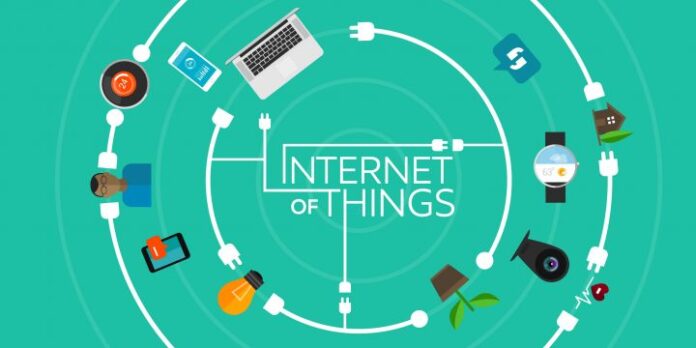Andrew Entwistle of New Street Research said the internet of things and its relationship to 5G, doesn’t present ‘any business case for a telecoms operator’
Going against the mainstream industry thinking that “5G” as an enabler of the “internet of things” will create new vertical revenue streams for operators, New Street Research partner Andrew Entwistle, in a presentation yesterday in Australia, said the business case just isn’t there.
As quoted by ZDNet, Entwistle said: “I’m perfectly prepared to accept that the internet of things is extraordinarily interesting to equipment makers and vendors, to systems integrators, to policymakers, and to people concerned with the social role of communications services in our lives, but there is an awful lot of noise about the internet of things that doesn’t actually translate into, to put it strongly, a whole hill of beans for the telecoms operator who’s looking to sell services to achieve revenue per customer or revenue per device.”
He fleshed that out in an accompanying presentation available for download:
- IoT and vertical market solutions are interesting for equipment vendors, systems integrators, vertical market participant firms and end users, but much less so for network operators. Traffic volumes and revenue yields tend to be low and margins tend to be thin. It is often difficult to leverage any read-across between different applications, as each has its own requirements, cost structures and road map.
- IoT and vertical market solutions are not areas where telecom operators have excelled to date and we see little evidence that this will change. Many telcos would certainly like to be good at the systems integration, innovation, technology and business development activities that these projects require, but that transition has been problematic for telcos for a long time.
- The excitement around IoT and areas such as driverless cars is so great that politicians and industrial policymakers are now involved. For example, German anxieties about potential threats to its automotive sector have stirred up a frenzy of activity in the 5G field. This looks almost certain to end badly for telecom investors, with pressures on operators to make noncommercial investments and play a part in “the greater good.” Distortion, waste and “crowding out” are the likely results
Entwistle gave the example, according to ZDNet, of a high-tech hospital that has deployed 5G and health care-related IoT devices and sensors.
“The telecoms operator will not see a single penny from any one of those devices. They sell a 5 [gigabits per second] fiber into the data room of the hospital today, and in 10 years’ time they’ll probably still be selling a 5 Gbps connection, or 10 Gbps fiber at half the price of today’s 5 Gbps fiber. I can’t see any business case for a telecoms operator. An operator said: ‘We will have 1,000 times as many devices and we only need 1,000th of the [average revenue per user] in order to build a business as big as our existing business.’ That’s not a business plan, that’s just multiplying two numbers together and making a brave assumption.”
Entwistle’s comments came during a 5G seminar jointly hosted by the Australian Communications and Media Authority and the International Institute of Communications.

